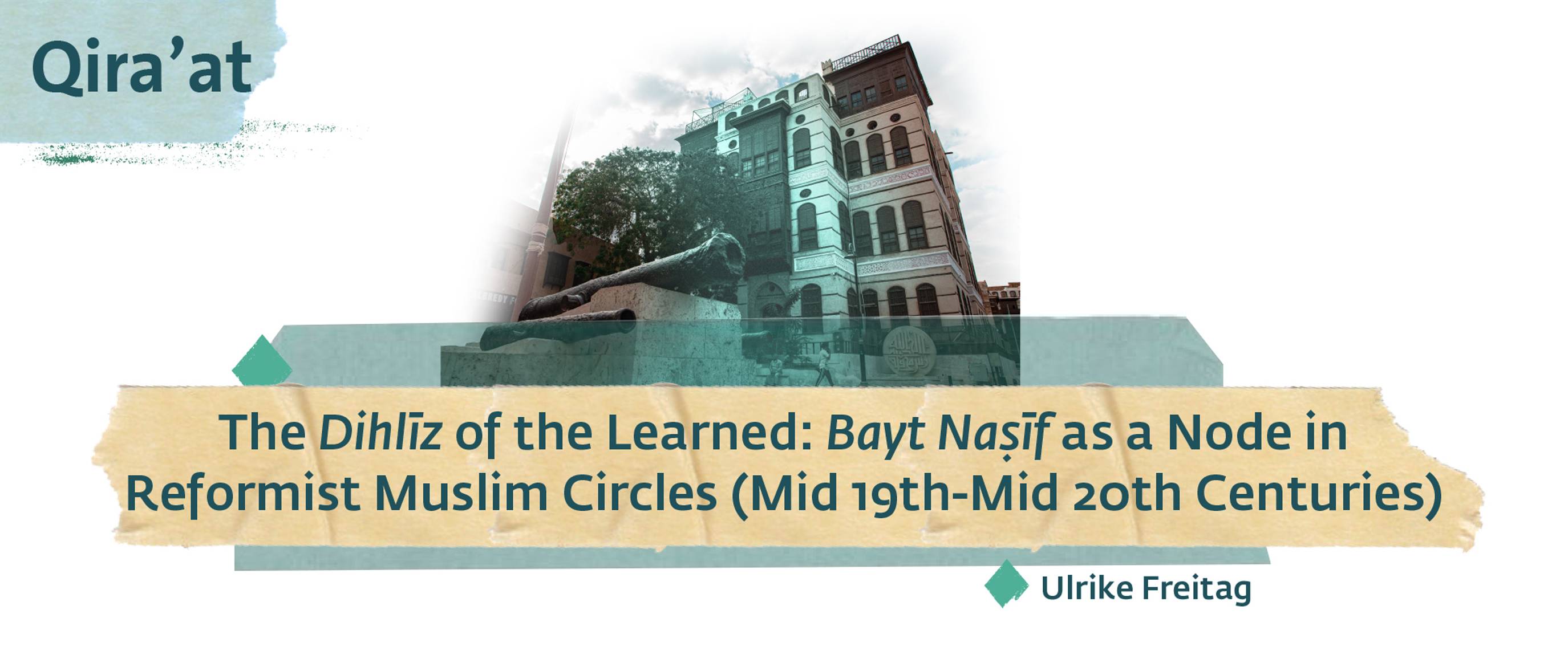The Dihlīz of the Learned: Bayt Naṣīf as a Node in Reformist Muslim Circles (Mid 19th-Mid 20th Centuries)
Number: 12
Ulrike Freitag
This article discusses how the abstract notion of Jeddah as an entrance hall or dihlīz of Mecca translated into social practice. It explores this by using as an example the different ways in which members of the Naṣīf family, most notably Muḥammad Ḥusayn Naṣīf, acted as hosts in their house which had been constructed with view to accommodating high-ranking guests. The hospitality displayed was a religious duty to the pilgrims heading for the “House of God”, the holy mosque in Mecca, a political obligation to the Sharīf of Mecca and later the Saudi King, a function of the economic pursuits as grain merchants as well as an expression of the intellectual pursuits and networks of Muḥammad Naṣīf.




